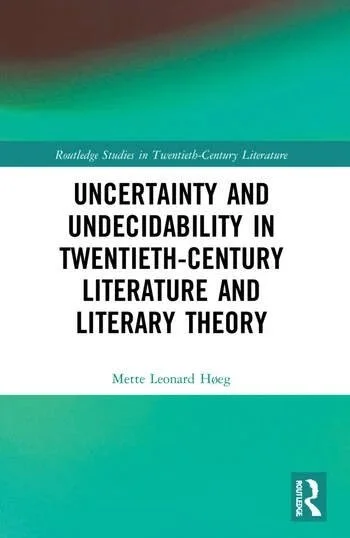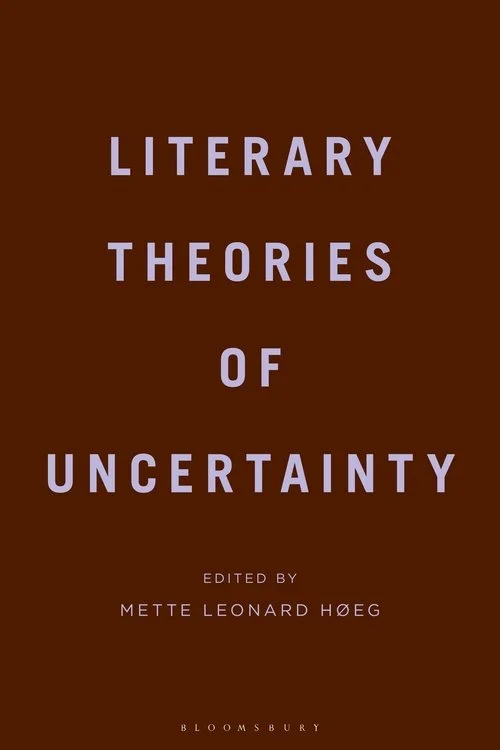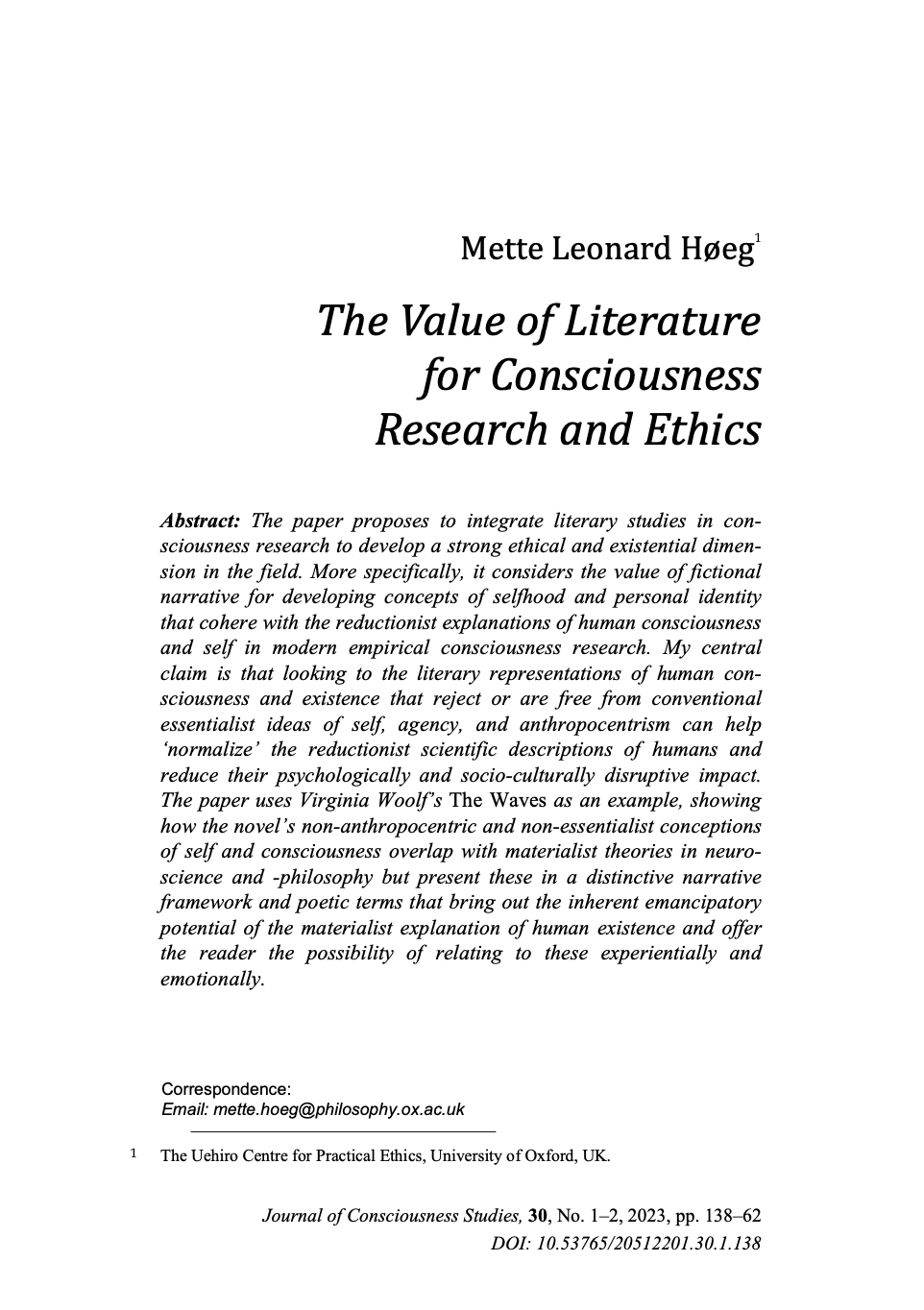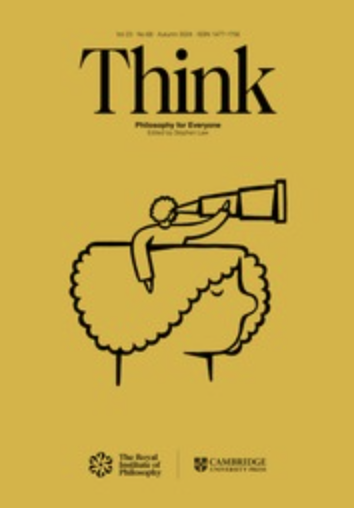Research
I work with theories and insights from neuroscience, literature, philosophy and contemplative practice to enable meaning-making and flourishing today and in the future. My research explores questions of human identity and thriving in our time of growing scientific authority, anti-anthropocentric sentiments, new transformative neuro- and biotechnologies and high existential uncertainty.
My current projects explore the convergence of ideas of existence and personal identity in Eastern contemplative traditions, empirical neuroscience and Western literature and philosophy. I work with literature and Buddhist philosophy to create concepts of selfhood and existential frameworks that are meaningful and conducive to thriving while also being compatible with the scientific, reductive explanations of consciousness and reality that dominate our culture today.
My work also explores perceptual diversity, particularly through research on aphantasia (which I have), and its implications for how we experience reality and selfhood. I also work on the intersection of psychedelic experiences and literary insights and on the development of protocols for psychedelics assisted therapy, with a particular interest in the role of poetic and aesthetic language and elements in altered states that lead to psychological transformation.
Institutional affiliations
Associate Fellow at the Centre for Eudamonia and Human Florishing, University of Oxford
Visiting Academic at the Oxford Uehiro Institute, University of Oxford
Carlsberg Foundation Postdoctoral Research Fellow at the Interacting Minds Centre, Aarhus University
Associated Fellow at the Hub at Oxford for Psychedelic Ethics, Oxford University
Associated Fellow, Aarhus Institute of Advanced Studies (AIAS), Aarhus University
Academic background
Junior Research Fellowship, Linacre College, University of Oxford, 2021-23
Doctor of Philosophy (PhD) in English, King’s College London, 2020.
Fulbright Fellowship, University of California, Berkeley, US, 2014 – 2015
MA in Modern Culture, University of Copenhagen, 2012.
BA in Film and Media Studies, University of Copenhagen, 2009.
Selected publications
Uncertainty and Undecidability in Twentieth Century Literature and Literary Theory (Routledge, 2022)
Interdisciplinary perspectives on consciousness (Neuroethics topical collection, 2024)
Literary Theories of Uncertainty (Bloomsbury, 2021)
“Literary Neuroexistentialism: Coming to Terms with Materialism and Finding Meaning in the Age of Neuroscience through Literature” in Neuroethics
“In Defence of Obfuscation” in THINK Magazine
“The Value of Literature for Consciousness Research and Ethics” in Journal of Consciousness Studies
“Swinging of the Breath: Undecidability and Zones of Indistinction in Herta Müller’s Atemschaukel” in German Life and Letters
About Uncertainty and Undecidability of Meaning
-
“In this rich, thoughtful and far-reaching study, Mette Leonard Høeg proposes that uncertainty is never merely a side-effect or peripheral concern of this or that theory of literature. Rather, as she deftly and compellingly demonstrates, there is no literary theory – or literature – without it.”
Nicholas Royle, Professor of English, University of Sussex
-
“Mette Leonard Høeg’s lucid study combines two important things: a valuable overview of a set of related concepts – uncertainty, ambiguity, indeterminacy, undecidability, etc. – showing just how constitutive they are across modern culture; and superb readings of exemplary texts by Musil, Ford, Woolf, Proust and Kafka.”
Max Saunders, Interdisciplinary Professor of Modern Literature and Culture, University of Birmingham
-
“Mette Leonard Høeg has done literary theory a great service in this wide-ranging, deeply researched, and highly perceptive study. She has a wonderfully clear-headed grasp of two phenomena – uncertainty and undecidability – that pervaded twentieth-century literature and criticism yet have never been analysed with such precision.”
Christopher Norris, Emeritus Professor of Philosophy, Cardiff University
About Literary Theories of Uncertainty
-
"(Mette Høeg) excellently and proficiently discusses the meaning of considering literature through a lens of uncertainty and describes the value of studying the potentially opaque topic ... The contributors include diverse perspectives that provide the reader with a comprehensive, global look at theories of uncertainty. The book delivers on its promise to argue for uncertainty’s place at the center of ascertaining and creating literary meaning through a volume that is thoughtfully rigorous and cleverly structured to facilitate the reader’s understanding."
Samantha Lepak Loyola University Chicago in Studies in 20th & 21st Century Literature, Vol. 46, 2022







